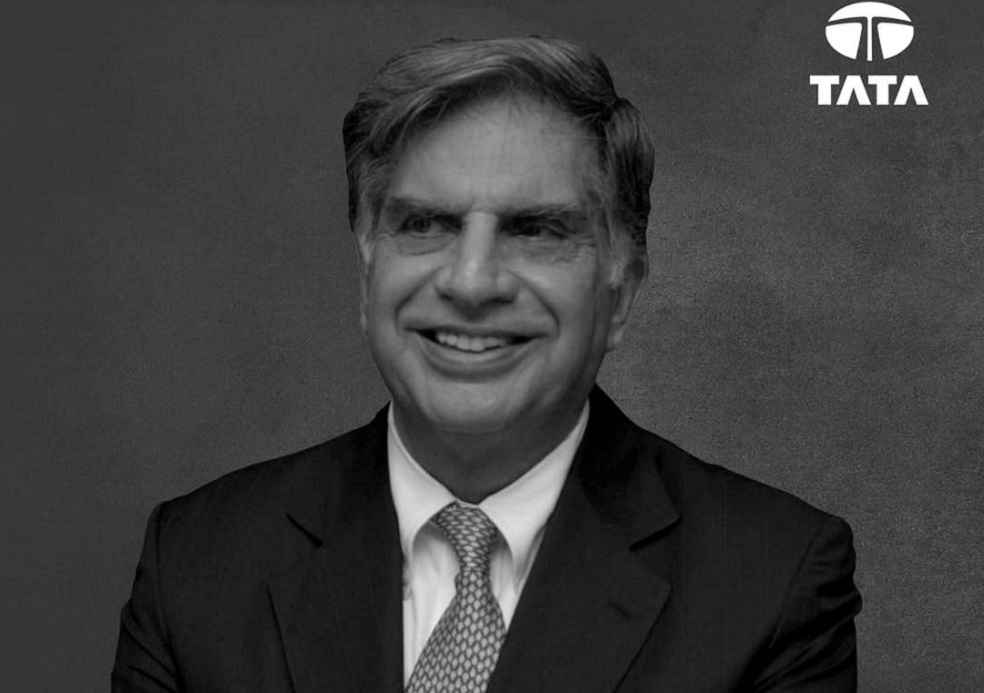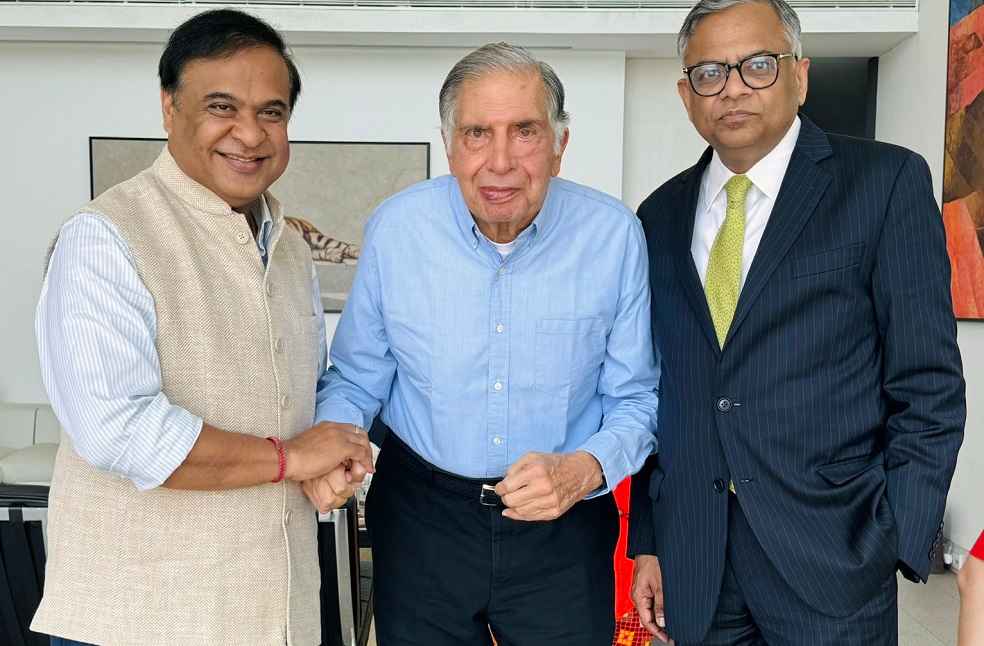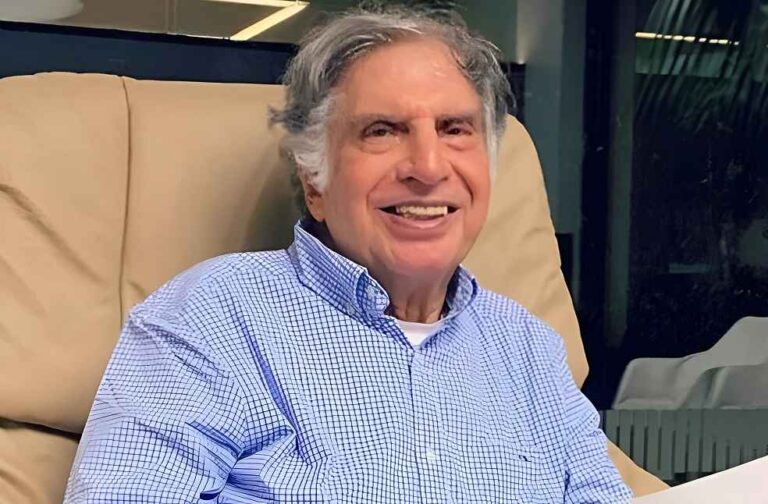The business world bids farewell to India’s revered industrial icon, Ratan Tata, who has passed away at the age of 86. Known as the former Chairman of Tata Sons and an emeritus leader, Tata’s legacy will forever remain etched in the annals of global business history. He breathed his last at Breach Candy Hospital, Mumbai, where he was receiving intensive care treatment. The unmarried industrialist was admitted after his health deteriorated on Monday due to a drop in blood pressure.
Born on December 28, 1937, to Naval H. Tata and Soonoo, Ratan Tata’s life was one of dedication, humility, and innovation. After studying architecture in the US, he returned to India at the insistence of his family and joined Tata Steel as a trainee in 1962. His career ascended to new heights when he became Chairman of Tata Industries in 1981, and later, in 1991, he succeeded J.R.D. Tata as Chairman of Tata Group.
Ratan Tata transformed the Tata empire into a global powerhouse, spreading its operations across six continents and more than 100 countries. With around 66% of Tata Sons’ shares held by charitable trusts, he ensured that the company’s profits benefited society at large. Despite navigating numerous challenges, Tata propelled the group to unprecedented heights.

Under his leadership, Tata Group achieved remarkable milestones. The company’s revenues grew 40-fold, with profits soaring by 50 times. He spearheaded Tata’s international expansion, acquiring major global brands like Tetley Tea, Daewoo Motors, and Jaguar Land Rover (JLR). The acquisition of JLR in 2008 for $2.3 billion was a pivotal moment, cementing Tata’s reputation as a global automotive leader.
Tata’s tenure as Chairman (1991–2012) also saw him launch iconic models like the Tata Indica, India’s first indigenously designed car, and the Tata Nano, the world’s most affordable car. Tata Motors became a household name, with models such as the Nexon, Tiago, and Punch. The brand also made a mark in the luxury segment with the Jaguar and Land Rover models becoming a common sight on Indian roads.
Beyond business, Ratan Tata was known for his philanthropy and dedication to social causes. He invested 65% of his personal shares in charitable trusts, ensuring his contributions impacted millions across education, healthcare, and more. His leadership earned him India’s highest civilian honors: the Padma Bhushan in 2000 and the Padma Vibhushan in 2008.

Even after stepping down as Chairman in 2012, Ratan Tata continued to serve as Chairman Emeritus of Tata Industries, Tata Motors, Tata Steel, and Tata Chemicals. He remained a guiding force behind Tata’s philanthropic arm, Tata Trusts.
Ratan Tata’s influence extended far beyond the boardroom. Under his leadership, Tata Steel became one of the world’s top 10 steel manufacturers, and Tata Motors was ranked among the top five global commercial vehicle manufacturers. His commitment to innovation and ethics remains unmatched.
As India mourns the loss of one of its greatest industrialists, Ratan Tata’s legacy will continue to inspire generations. He was not just a business tycoon but a visionary whose compassion and dedication to social causes left an indelible mark on both the auto industry and the world at large.Bottom of Form
MOST POPULAR | India’s Forex Reserves $700Bn, Ranks Fourth Globally



